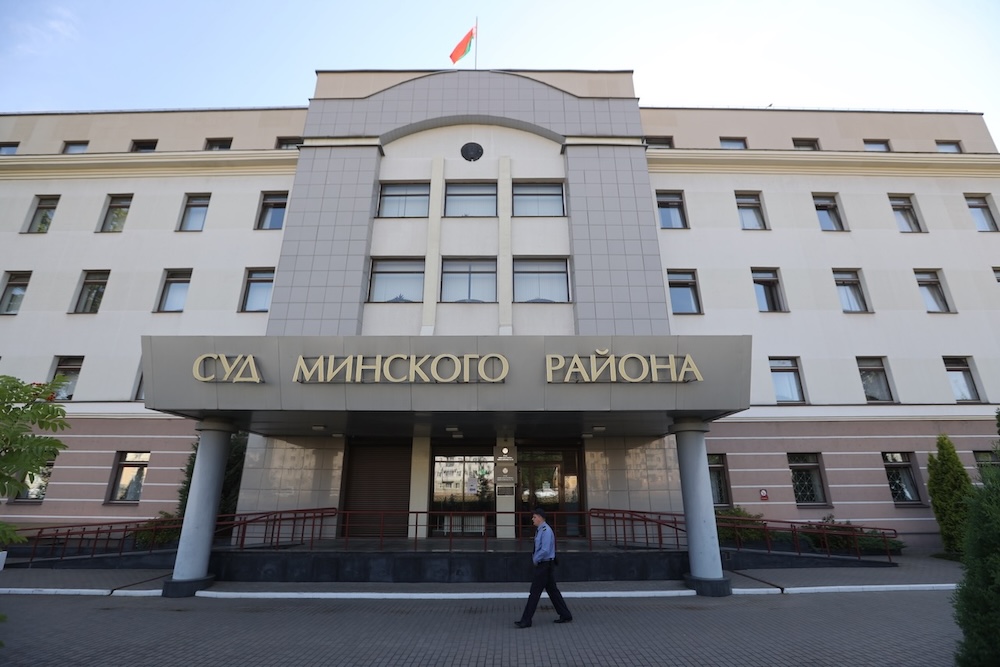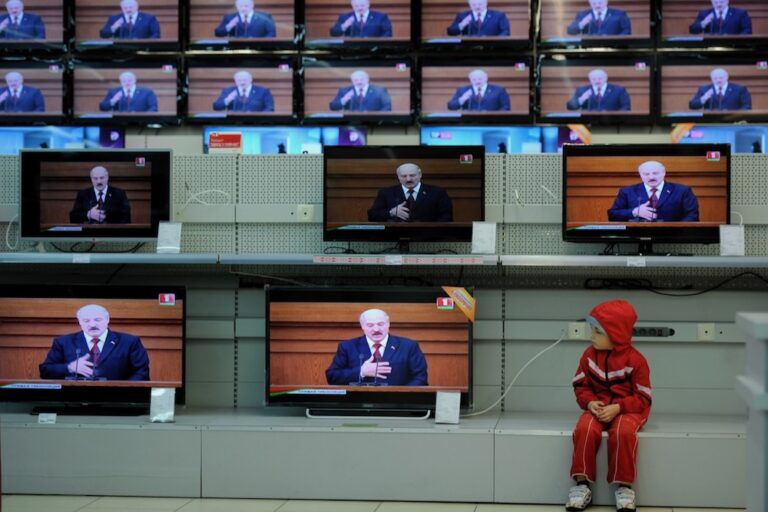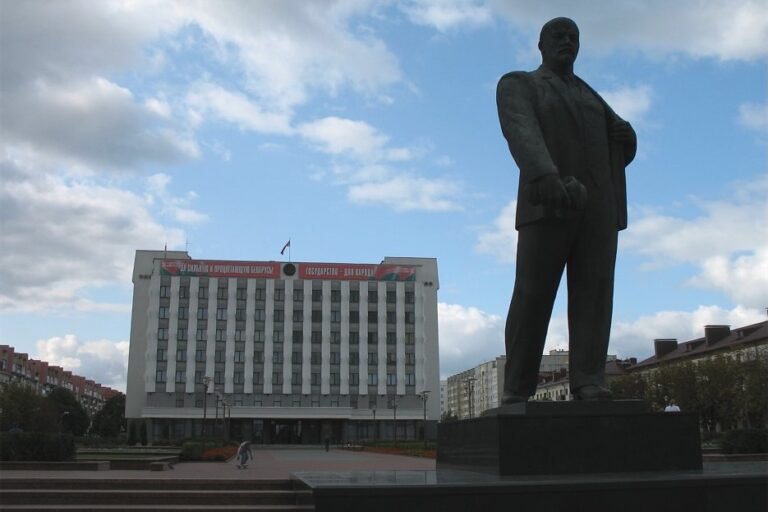Journalists are being charged under so-called "special proceedings," a 2022 addition to the criminal procedure code that allows Belarusian authorities to convict people in absentia.
This statement was originally published on cpj.org on 12 May 2025.
Documentary filmmaker Maryia Bulavinskaya’s love of history led her to buy a traditional wood home in the Belarusian village of Rogi-Iletsky in 2019. Her plans to renovate and eventually live in the house were put on hold in 2020 when she fled the country out of fear of being detained for her coverage of anti-government protests. Now, she may never step foot in the house again; she learned this year that authorities had seized it as part of an opaque legal process to prosecute her for her journalism.
“They are deliberately not informing me of the reasons for their actions so that I am left guessing and under psychological stress,” Bulavinskaya told CPJ from her new home in a European Union state which she declined to name for security reasons.
Bulavinskaya is one of hundreds of journalists who went into exile after President Aleksandr Lukashenko intensified his jailing and persecution of the press following 2020 protests calling for his ouster. Increasingly, they face the long arm of the state. According to CPJ research, more than 60 journalists in exile are under investigation or facing criminal charges in cases that were opened after they left Belarus, constituting a massive campaign of transnational repression against those who continue to report from abroad.
Journalists are being charged under so-called “special proceedings,” a 2022 addition to the criminal procedure code that allows Belarusian authorities to convict people in absentia. At first, the proceedings were mostly used against dissidents, politicians, and activists; in 2024, authorities began charging journalists in an escalation against the exiled press, according to the Belarusian Association of Journalists (BAJ), a trade group operating from abroad since 2021. (Four of BAJ’s own employees face criminal cases according to the organization.)
CPJ spoke with 15 journalists facing criminal cases and found that the legal process typically follows the same pattern: journalists learn that they are under investigation, or facing charges, when law enforcement officials pay intimidating visits to relatives still in Belarus or when they spot their names on Russia’s online database of wanted suspects, which since a 2010 regional treaty includes Belarusians. (Belarus’s own “wanted” database is not frequently updated.) Journalists’ remaining property in the country is seized pending a trial, which virtually always results in a conviction. The journalists are then sentenced and ordered to pay heavy fines, which serve as a pretext for the full confiscation of their property.
“Having repressed virtually everyone inside the country they could, the authorities have now turned their attention to those abroad,” said Barys Haretski, deputy head of BAJ, in an interview with CPJ. “The authorities have no intention of reducing the number of repressive acts; they want to keep not only those inside the country in fear, but also those who have been forced to emigrate.”
Journalists have little recourse once placed under “special proceedings,” which are nontransparent by design. According to BAJ, journalists are typically unaware of what might have triggered the criminal cases against them until the trial begins. (Bulavinskaya, for example, still does not know the nature of the investigation or any charges against her.) Journalists are represented by government-appointment lawyers who virtually never communicate with them. If they are sentenced to prison, such as three of the 15 CPJ spoke with, they can technically appeal, but it’s practically impossible as most never see a sentencing document, said Haretski. Once sentenced, they have to be extremely cautious about travel. If they enter a country with an extradition treaty with Russia or Belarus, they can be deported to serve their jail time.
CPJ emailed the Belarusian Investigative Committee, the agency in charge of pretrial proceedings, requesting comment on the use of “special proceedings” against journalists but received no response.
Journalism equated with extremism
Journalists facing “special proceedings” are typically charged with extremism. Since Belarus tightened its extremism laws in 2021 in response to nationwide protests, authorities have been steadily using them to erode press freedom by fining and imprisoning independent journalists and blocking outlets labeled as “extremist.”
Freelance journalist Zmitser Lupach, who is in exile in Poland, learned that he was charged with “promoting” extremism, among other criminal charges when acquaintances sent him a photo of himself in a display of accused criminals in Belarus’ northwestern city of Hlybokaye. Later, authorities seized his apartment and a police officer paid a visit to his 81-year-old mother to ask if Lupach was planning to come back to Belarus.



